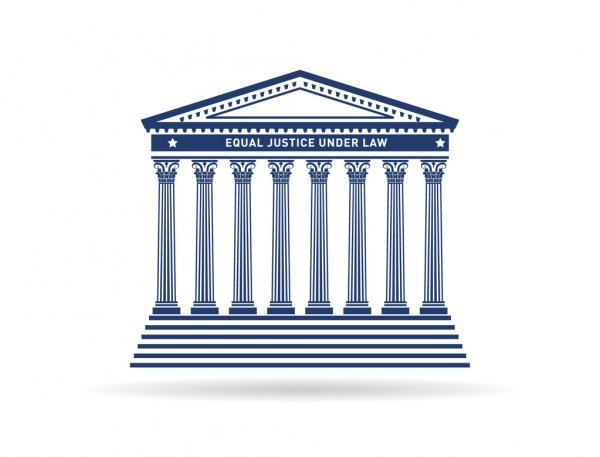
Introduction
Laws are made with different purposes and objectives. Sometimes, the reason could be correct the wrongdoings of the past or to empower the powerless in future. The Legislature has the power to make laws which may have prospective, retrospective or retroactive operation.
What does it mean?
A Prospective law is a law or a statue which regulates the rights and liabilities under the enactment from a future date. The underlying principle is thelexprospicit non respiciti.e. law looks forward and not backward.
For example, the Information Technology Act, 2000 was enacted to provide legal recognition to electronic commerce was published in the Official Gazette on 9th June 2000 and came into force from 17th October 2000. It is from this date i.e. 17th October 2000 that the electronic commerce, electronic records, electronic signatures, etc got its legal recognition.
A Retrospective law, as defined in Black Law Dictionary, is a law which looks backward or contemplates the past; one which is made to affect acts or facts occurring or rights accruing before it came into force. According to Craies a statue is deemed to be retrospective if it takes away or impairs the vested right acquired under existing law or creates a new obligation, or imposes a new duty, or attaches a new disability in respect to transactions or considerations already past. For example, an amendment to Section 140 of CGST Act, 2017 has been made operative from 1st July, 2017 by inclusion of the words “within such time”. This means that these words are to be considered to be a part of the Section right from the day GST came into effect.
A Retroactive law or a Statue, as defined in Black Law Dictionary is the one which creates a new obligation on transactions or considerations already past or destroys or impairs the vested rights. Retroactive means acting backward or affecting what is past or extending in scope or effect to matters that have happened in the past, as descrived in the Law Lexicon by P. RamaathAiyar. For example, Amendment to Section 6 of the Hindu Succession Act, 1956 in 2005 which gave coparcenary rights to daughters was held to be a retroactive Amendment by the Hon’ble Supreme Court in Vineeta Sharma v. Rakesh Sharma, 2020 SCC OnLine SC 641. It was opined that under the amended Section 6, since the right is bestowed by birth, that is an antecedent event and the provisions concerning claiming rights operate on and from the date of Amendment Act.
What is the difference?
There is an underlying difference between retrospective and retroactive. The same as envisaged by E.A. Driedger, in “Statutes: Retroactive Retrospective Reflections” (1978), 56 Can. Bar Rev. 264, at 268-69 as follows:
“A retroactive statute is one that operates as of a time prior to its enactment. A retrospective statute is one that operates for the future only. It is prospective, but it imposes new results in respect of a past event. A retroactive statute operates backwards. A retrospectivestatute operates forwards, but it looks backwards in that it attaches new consequences for the future to an event that took place before the statute was enacted. A retroactive statute changes the law from what it was; a retrospective statute changes the law from what it otherwise would be with respect to a prior event.”
Conclusion
The jurisprudence related prospective, retrospective and retroactive operation of law is developing gradually in order to bridge Statues and their objectives sought to be achieved. Therefore it is necessary to have a good understanding of prospective, retrospective or retroactive operation of lawinter alia its consequences on the rights and liabilities.

